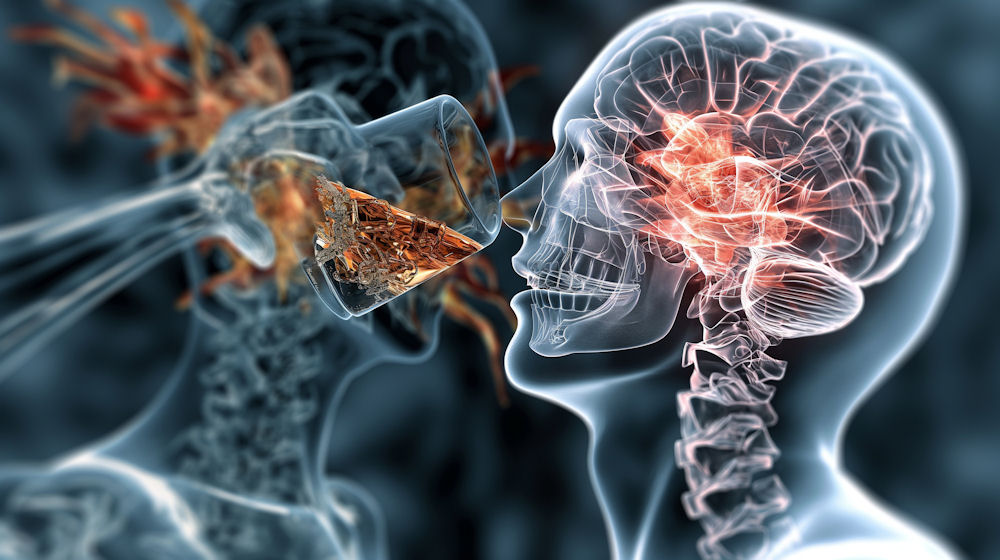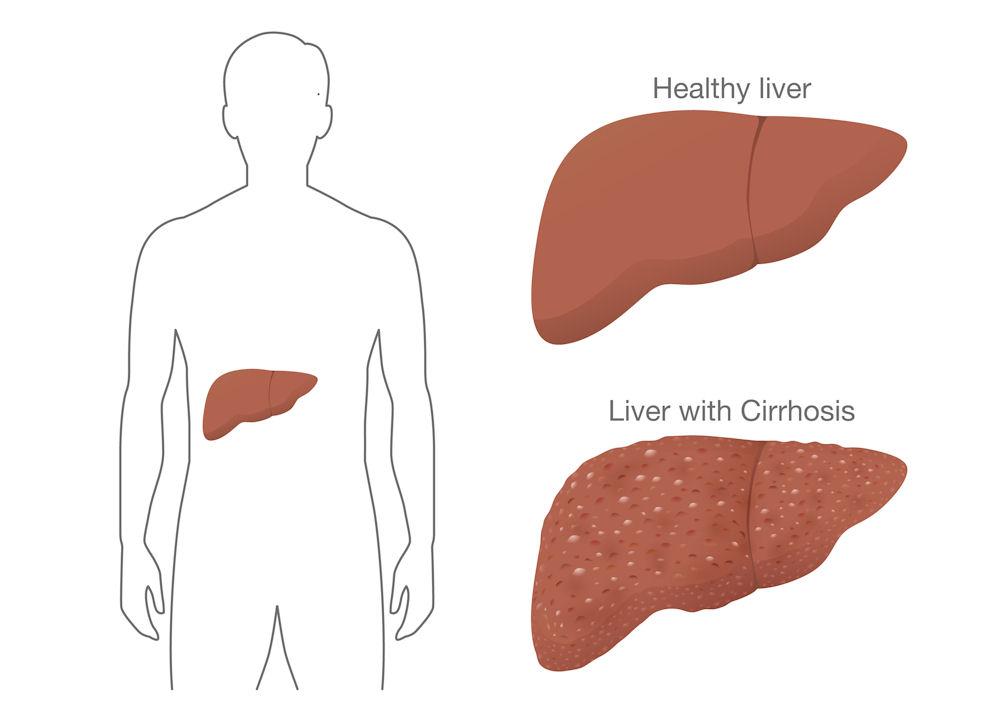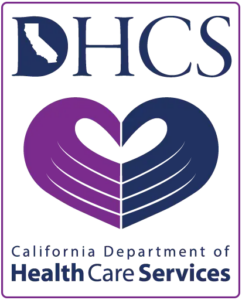Recognizing the signs that drinking may be affecting your liver is crucial for early intervention. Common indicators include fatigue, unexplained weight gain, and loss of appetite. You might notice yellowing of the skin or eyes (jaundice), dark urine, or light-colored stools, which signal liver distress.
Other symptoms can include abdominal pain or swelling, particularly in the upper right side, and itchiness or rashes. Frequent mood swings, irritability, and difficulty concentrating are also potential signs. If you experience any of these symptoms, it’s important to consult a healthcare professional to assess your liver health and discuss your drinking habits. At Surf City Detox in Huntington Beach, California, we can help get you started on your journey towards recovery.
Understanding Liver Damage from Alcohol

Understanding liver damage and the effects of binge drinking alcohol is essential for maintaining good health. The liver processes alcohol, but excessive consumption can overwhelm its ability to function, leading to inflammation and damage. Early symptoms include fatigue, jaundice (yellowing of skin and eyes), abdominal swelling, changes in appetite, and dark urine. These signs indicate that the liver is struggling and may be at risk of developing conditions like fatty liver disease, hepatitis, or cirrhosis.
Continuous heavy drinking can exacerbate these issues, resulting in serious health complications. It’s vital to recognize these warning signals and seek medical evaluation if they occur. Making lifestyle changes, such as reducing alcohol intake, can help protect the liver and support overall health. Awareness and early intervention are key to preventing further damage.
What Does the Liver Do in the Body?
The liver plays a crucial role in maintaining overall health and metabolism. It is responsible for detoxifying harmful substances, including drugs and alcohol, from the bloodstream. The liver also produces bile, essential for digesting fats and absorbing vitamins. Additionally, it regulates blood sugar levels by storing and releasing glucose as needed.
The liver synthesizes proteins that are vital for blood clotting and other bodily functions. It also stores important nutrients, such as vitamins and minerals, ensuring the body has a reserve during times of need. Overall, the liver is essential for digestion, metabolism, and detoxification.
How Does Alcohol Affect the Liver?
Alcohol significantly impacts the liver, primarily because it’s the organ responsible for metabolizing it. When consumed, alcohol is converted into acetaldehyde, a toxic substance that can damage liver cells. Chronic excessive drinking can lead to a range of conditions, including fatty liver, alcoholic hepatitis, and cirrhosis. These conditions arise as the liver becomes inflamed and scarred, impairing its ability to function properly.

Over time, the liver struggles to detoxify the blood, leading to further health complications. Additionally, alcohol can disrupt the balance of nutrients, further compromising liver health and overall well-being. Moderation and awareness are key to protecting this vital organ.
What Does Excessive Alcohol Use Do to Liver Health?
Excessive alcohol use can have detrimental effects on liver health, leading to a range of serious conditions. When the liver processes alcohol, it converts it into harmful substances that can damage liver cells. Over time, this can result in fatty liver disease, alcoholic hepatitis, and ultimately cirrhosis, where scar tissue replaces healthy tissue. Symptoms often include fatigue, jaundice, and abdominal pain. The liver’s ability to detoxify the blood diminishes, leading to further health complications.
Early intervention is crucial; reducing alcohol intake and seeking medical advice can help prevent irreversible damage and promote liver recovery. Prioritizing liver health is essential for overall well-being.
Signs Your Liver is Healing From Alcohol
Signs your liver is healing from alcohol include increased energy and improved overall well-being. You may experience reduced abdominal swelling or discomfort, as well as normalized liver enzyme levels in blood tests. Improved digestion and stable weight can also indicate liver recovery.
Additionally, clearer skin and better focus may manifest as the liver’s detoxification process becomes more efficient, allowing the body to function more optimally. These positive changes reflect an overall enhancement in liver health and function.

If I Stop Drinking, Will My Liver Heal?
If you stop drinking alcohol, your liver has a remarkable ability to heal itself over time. Abstaining from alcohol can lead to reduced inflammation and improvement in liver function. Many individuals may experience increased energy, better digestion, and normalized liver enzyme levels.
With proper care and lifestyle changes, the liver can regenerate, promoting overall health and well-being. Consistent sobriety is essential for long-term healing.
Healing Your Liver After Alcohol Abuse
Healing your liver after alcohol abuse is a vital process that requires commitment and lifestyle changes. When you stop drinking, your liver begins to heal itself, showing remarkable regenerative abilities. Abstaining from alcohol reduces inflammation and allows liver function to improve, leading to increased energy levels and better digestion. Many people also notice clearer skin and enhanced mental clarity as they recover.
Incorporating a balanced diet rich in fruits, vegetables, and whole grains can further support liver health. Staying hydrated and engaging in regular physical activity are crucial for detoxification and overall well-being. Remember, consistent sobriety is key to achieving long-term healing. Prioritizing liver health can significantly enhance your quality of life and promote a healthier future.
How Long Does It Take for Your Liver to Heal from Alcohol Abuse?
The time it takes for your liver to heal from alcohol abuse varies significantly based on several factors, including the extent of damage, duration of alcohol use, and individual health. Generally, if alcohol consumption is stopped, the liver can begin to regenerate within a few weeks. Mild inflammation may improve in about two weeks, while fatty liver can often recover in six weeks to six months. For individuals with more severe conditions, such as alcoholic hepatitis or cirrhosis, healing may take longer and can be more complex.
It’s important to understand that while the liver has remarkable regenerative capabilities, continued alcohol use or poor lifestyle choices can hinder this healing process. Maintaining sobriety, adopting a balanced diet, and engaging in regular exercise can significantly promote liver recovery. Regular medical check-ups are essential to monitor liver health and ensure that any needed interventions are applied as early as possible.
Detox: First Step to Healing the Liver
Medical detoxification is the crucial first step in healing the liver, especially for individuals who have consumed alcohol excessively. During detox, the body eliminates toxins and substances that have accumulated, allowing the liver to begin its repair process. This phase often involves medical supervision to manage withdrawal symptoms effectively and ensure safety.
As the liver clears out harmful substances, its ability to function improves, paving the way for better overall health. Proper nutrition, hydration, and rest complement detox efforts, aiding in recovery. Ultimately, this first step provides the foundation for ongoing healing, lifestyle changes, and a commitment to maintaining liver health.
Our approach combines evidence-based therapies with holistic practices. We offer personalized nutrition plans rich in antioxidants and essential nutrients to help repair liver cells and reduce inflammation. Our experienced medical team provides comprehensive evaluations, ensuring that each individual receives tailored support based on their specific needs.
In addition to nutritional support, we incorporate therapeutic practices such as yoga and mindfulness workshops, which encourage physical and mental well-being. These practices not only help during the detox process, but also promote stress reduction, which is vital for liver recovery. Our serene environment at Surf City Detox creates a calming space for healing, allowing clients to focus fully on their recovery journey.
Alcohol Addiction Treatment
Alcohol addiction treatment typically involves a combination of medical, therapeutic, and support approaches. Initially, detoxification may be necessary to safely manage withdrawal symptoms under medical supervision. Following detox, counseling forms the backbone of recovery, with options such as cognitive-behavioral therapy, motivational enhancement therapy, and support groups like Alcoholics Anonymous.
Medications may also be prescribed to reduce cravings and support abstinence. A comprehensive treatment plan often includes education about the disease of addiction, lifestyle changes, and relapse prevention strategies. Family involvement can be beneficial, and ongoing support is crucial for maintaining long-term sobriety and improving overall well-being.
Heal Your Liver at Surf City Detox

At Surf City Detox in Huntington Beach, CA, we believe in the transformative power of healing and rejuvenation for the liver, the body’s essential detoxifying organ. Our specialized programs are designed to support and restore liver health for individuals struggling with alcohol-related issues and other liver-damaging habits. We understand that the liver plays a crucial role in metabolizing substances and filtering toxins, making its health paramount for overall well-being.
Our dedicated team is committed to providing compassionate care and personalized support for individuals seeking recovery from addiction. With a focus on creating a safe, welcoming environment, our skilled professionals work collaboratively to develop tailored treatment plans, ensuring each client’s journey to wellness is both effective and transformative.
By focusing on moderation, education, and lifestyle changes, we empower individuals to reclaim their health and embark on a path toward sustainable sobriety. At Surf City Detox, we are dedicated to helping you heal your liver and transform your life, ensuring a brighter and healthier future for all our clients. Contact us to take the first step towards rejuvenation and wellness today!
Dr. Eric Chaghouri is a 2007 graduate from the University of California, Los Angeles, where he earned his B. A. in Biology with Summa Cum Laude honors. While at UCLA, he helped the men’s varsity volleyball team earn a National Championship in 2006. He was named the UCLA Scholar-Athlete of the Year in 2007.
He earned his medical degree from the Keck School of Medicine in 2011. He completed his internship training in 2008 at Cedars-Sinai Medical Center and the remaining three years of residency in general adult psychiatry at the Los Angeles County and University of Southern California Medical Center. He served as the Chief Resident in psychiatric emergency services during his fourth year of residency. He also served as Resident Clinical Instructor and Volunteer Faculty in the Department of Psychiatry at the Keck School of Medicine.
After completing residency, Dr. Chaghouri accepted a fellowship position in forensic psychiatry at the prestigious USC Institute of Psychiatry and Law. His scholarly activities included publishing in Legal Digest and presenting research findings at the Keck School of Medicine annual conference.
Since completing his forensic psychiatry fellowship, he has established a successful and thriving practice in Southern California, focusing on treatment of co-occurring psychiatric and addictive disorders. He has developed a strong clinical team of practitioners who share similar goals and philosophies regarding psychiatric treatment, including providing cutting-edge interventional treatments for psychiatric conditions. He works in an array of capacities with attorneys, courts, and other parties in actual or potential litigation. He also has extensive experience consulting and providing opinions on psychiatric issues for major television networks. Dr. Chaghouri’s interests include addiction medicine, substance use disorders, forensic psychiatry, medical ethics, psychological autopsy, gender wellness, and evidence-based treatment of psychiatric conditions.



